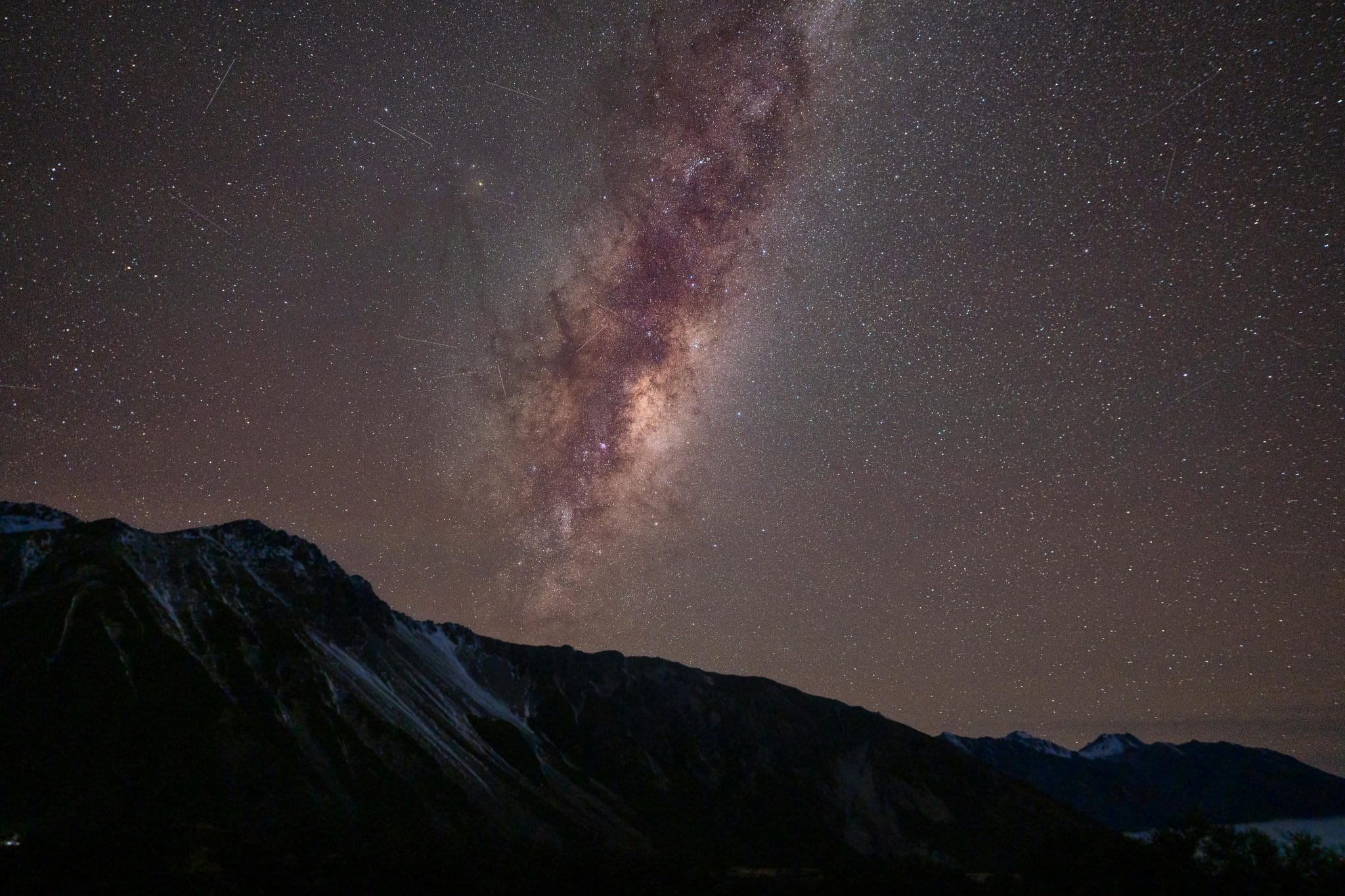Space Exploration Raising New Legal Questions
Space exploration has always been a topic that has captured the imaginations of people around the world. From the first moon landing to the launching of the International Space Station, humans have been continuously pushing the boundaries of our planet and venturing out into the unknown reaches of outer space. However, with this great exploration comes the need for new laws and regulations to govern the activities of nations and individuals in space. In this article, we will take a closer look at how space exploration is raising new legal questions and what implications these challenges may have for the future of space exploration.
The History of Space Law
The history of space law can be traced back to the launch of the first artificial satellite, Sputnik, by the Soviet Union in 1957. This event sparked concerns among world leaders about the potential military uses of space technology and the need for international cooperation to regulate peaceful uses of outer space. Soon after, the United Nations created the Committee on the Peaceful Uses of Outer Space (COPUOS) to develop a legal framework for space activities.
Over the years, several treaties and agreements have been created to regulate activities in outer space. The most well-known of these is the Outer Space Treaty, signed in 1967 by 109 countries, which established the principles of space exploration, including the peaceful use of outer space and the prohibition of weapons of mass destruction in space. Other important treaties include the Rescue Agreement, Liability Convention, and Registration Convention, which lay out rules for the rescue and return of astronauts, liability issues, and the registration of space objects.
New Challenges for Space Law
Private Companies and Commercial Space Activities
Space exploration is no longer limited to governments and their agencies. Private companies such as SpaceX and Blue Origin have entered the space race, launching their own satellites, developing reusable rockets, and even planning missions to the Moon and Mars. This rise of commercial space activities has raised questions about the jurisdiction and liability for companies operating in outer space.
In the past, space activities were primarily conducted by government agencies, making it easier to determine responsibility and regulate activities. However, with the involvement of private companies, there may be a need for new laws and regulations to govern their activities and ensure the safety and security of all parties involved.
Space Debris and Environmental Concerns
As more space objects are launched into orbit, the issue of space debris becomes a growing concern. Space debris refers to the man-made objects that are no longer functional and are floating in space. These objects pose a threat to operational spacecraft and can result in costly damage or collisions.
In addition to the impact on space activities, space debris also raises environmental concerns. As debris continues to accumulate, it could hinder future space exploration and the use of space for peaceful purposes. There is a need for guidelines and regulations to address the issue of space debris and ensure the sustainability of space activities.
Colonization and Property Rights
With the rise of space tourism and plans for colonization of other planets, the issue of property rights in space becomes more complex. Who has the right to lay claim to a piece of land on a far-off planet? Can resources be extracted and owned? These questions are not yet addressed in current space law and will need to be carefully considered as space exploration continues to progress.
Conclusion
As humanity ventures further into space, the need for updated and comprehensive space laws becomes evident. The current legal framework has served us well, but it may not be enough to regulate the new challenges brought about by the changing landscape of space exploration. It is essential for nations and organizations to come together and address these legal questions to ensure the continued growth and sustainability of space activities for the benefit of all.
In conclusion, space exploration continues to raise new legal questions, from commercial space activities to environmental concerns and questions about property rights. As we continue to push the boundaries of space, it is crucial that we have an updated and robust legal framework to guide our activities and ensure the safety and security of all involved.










